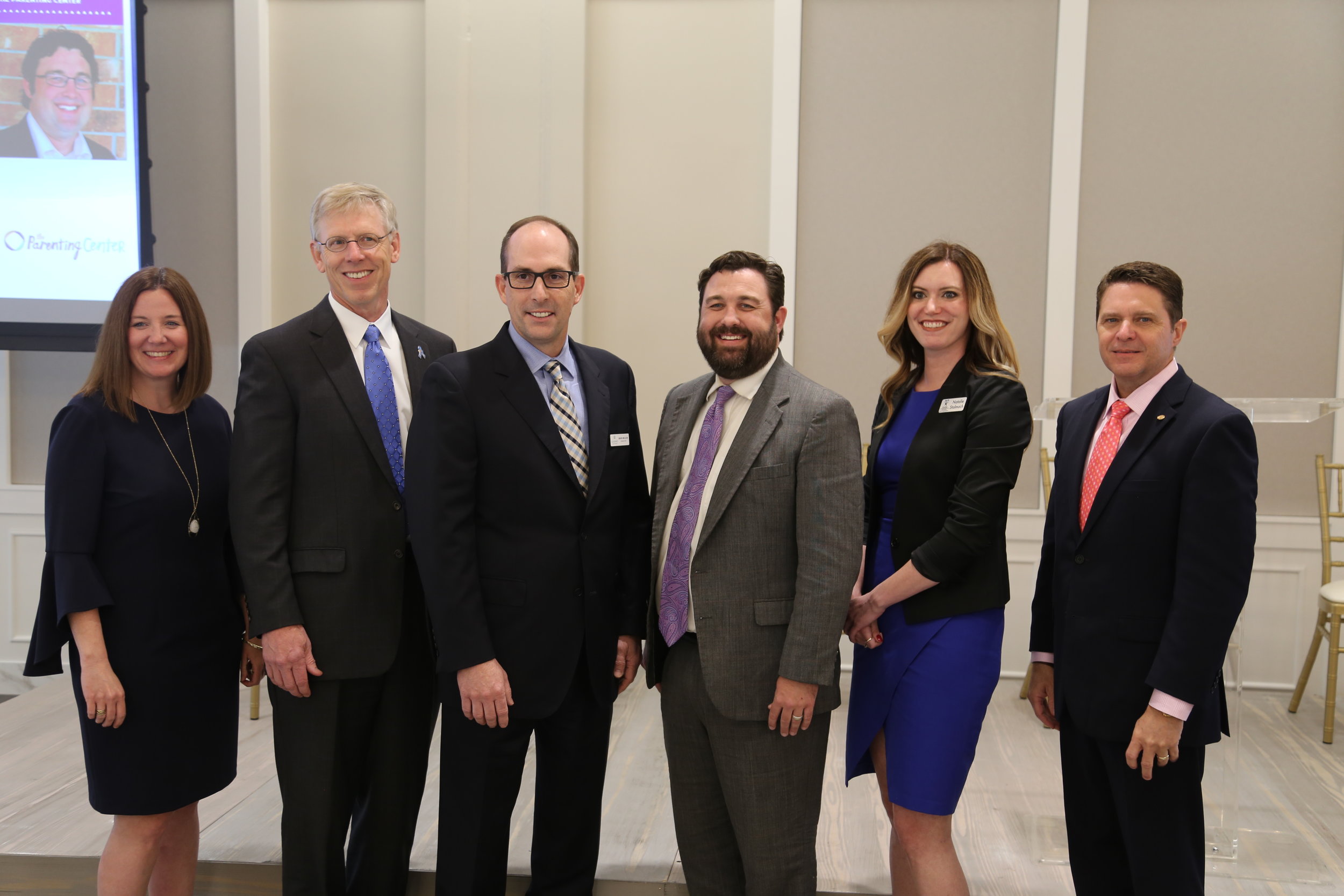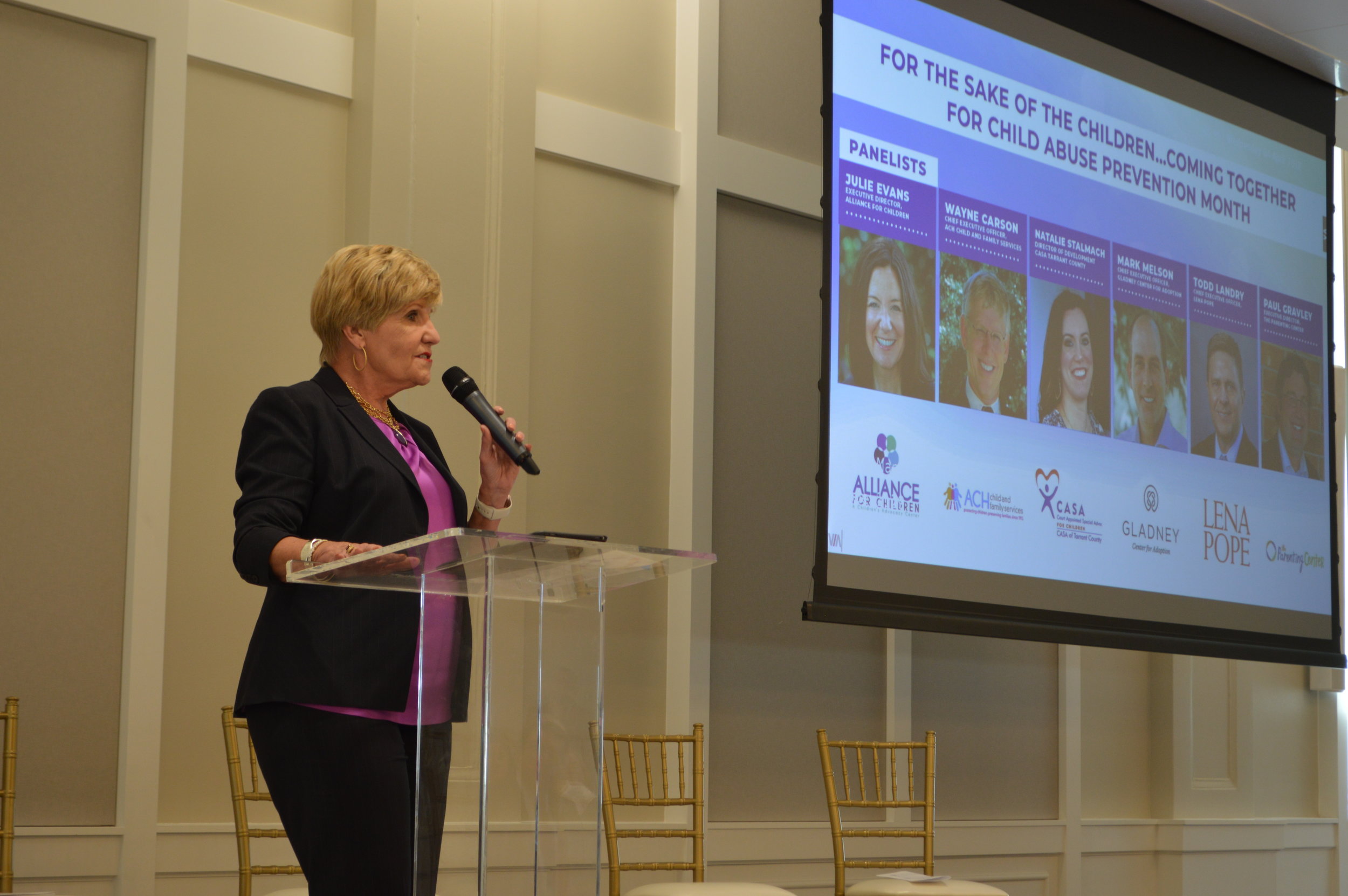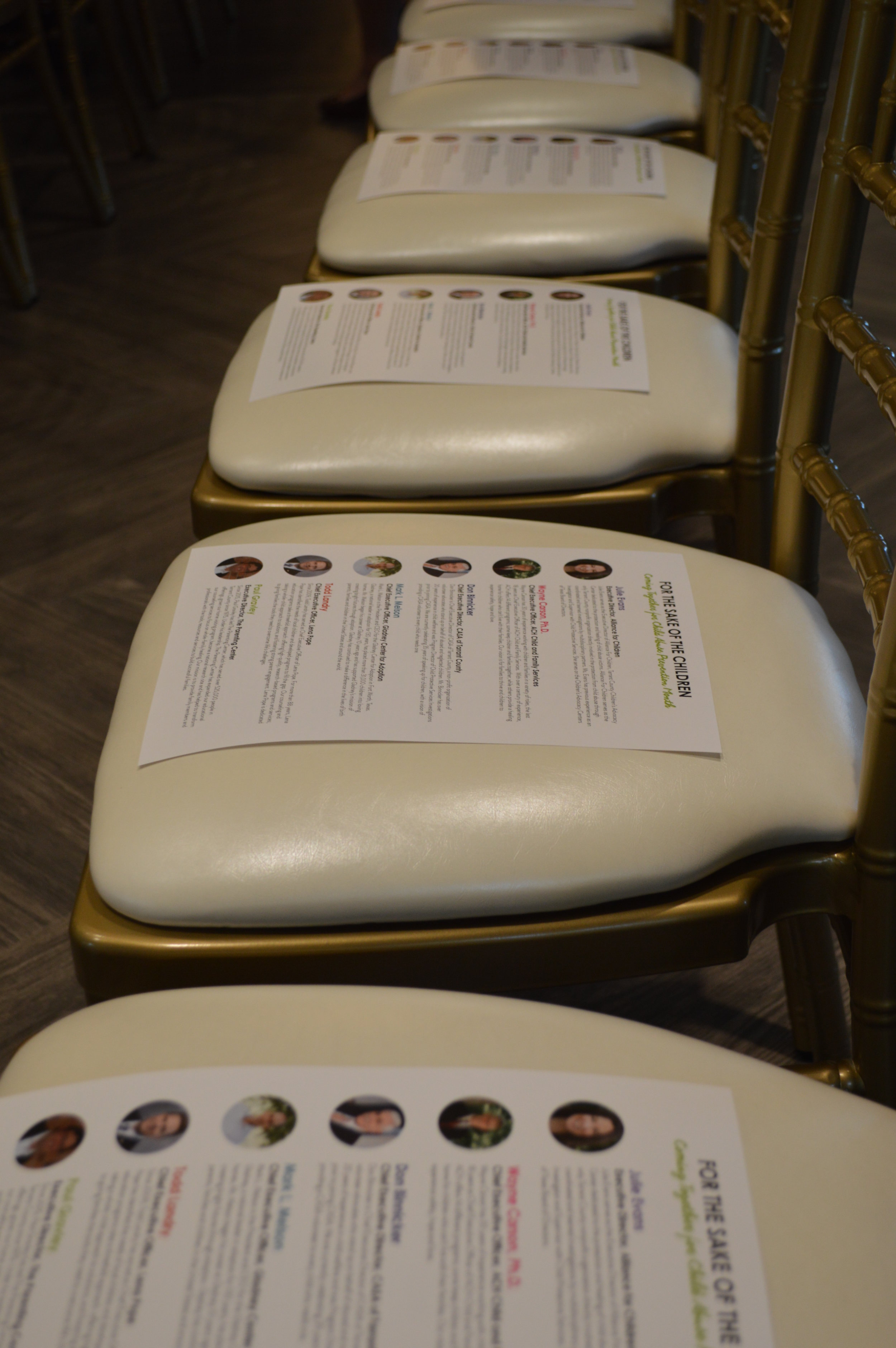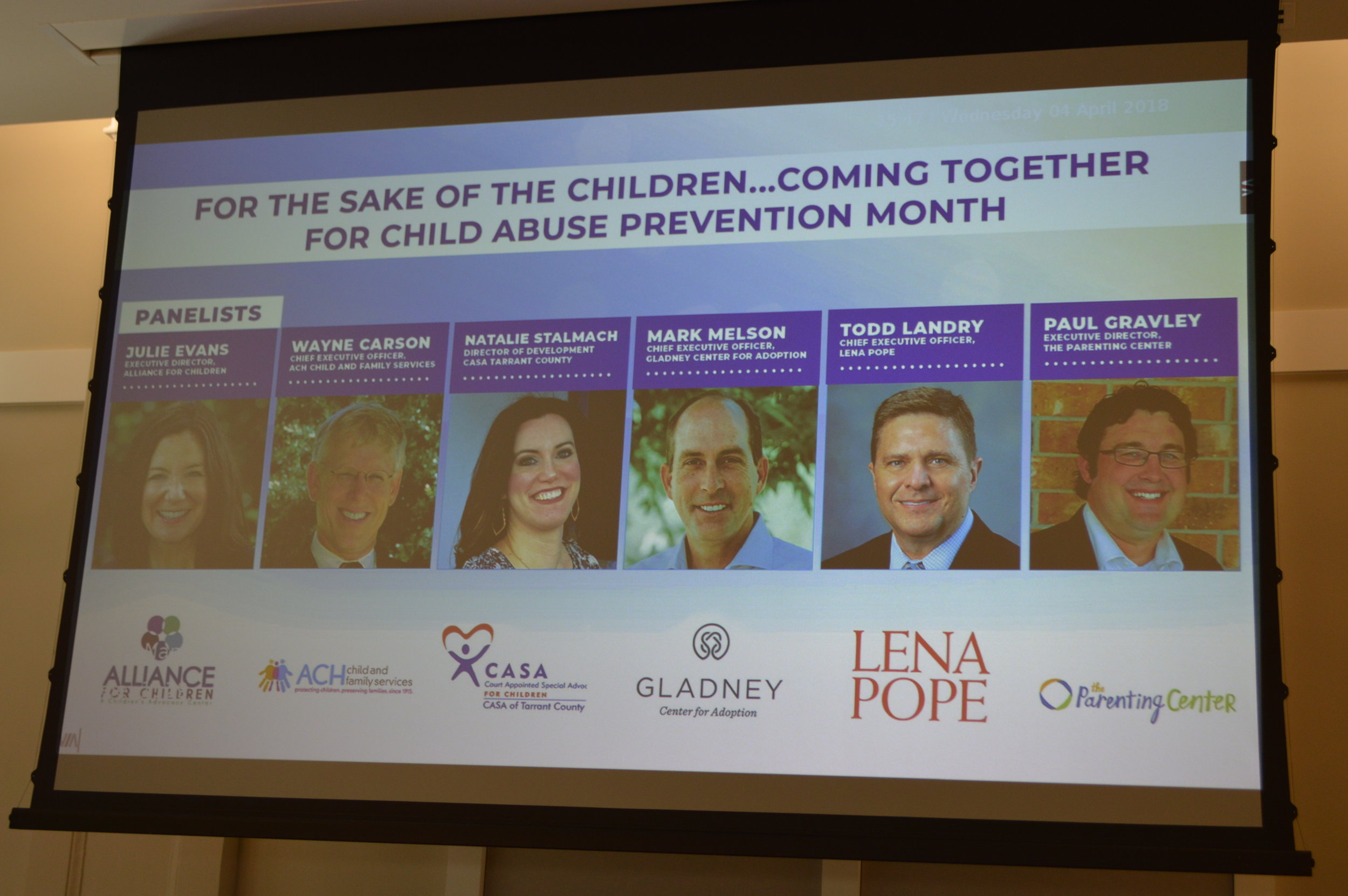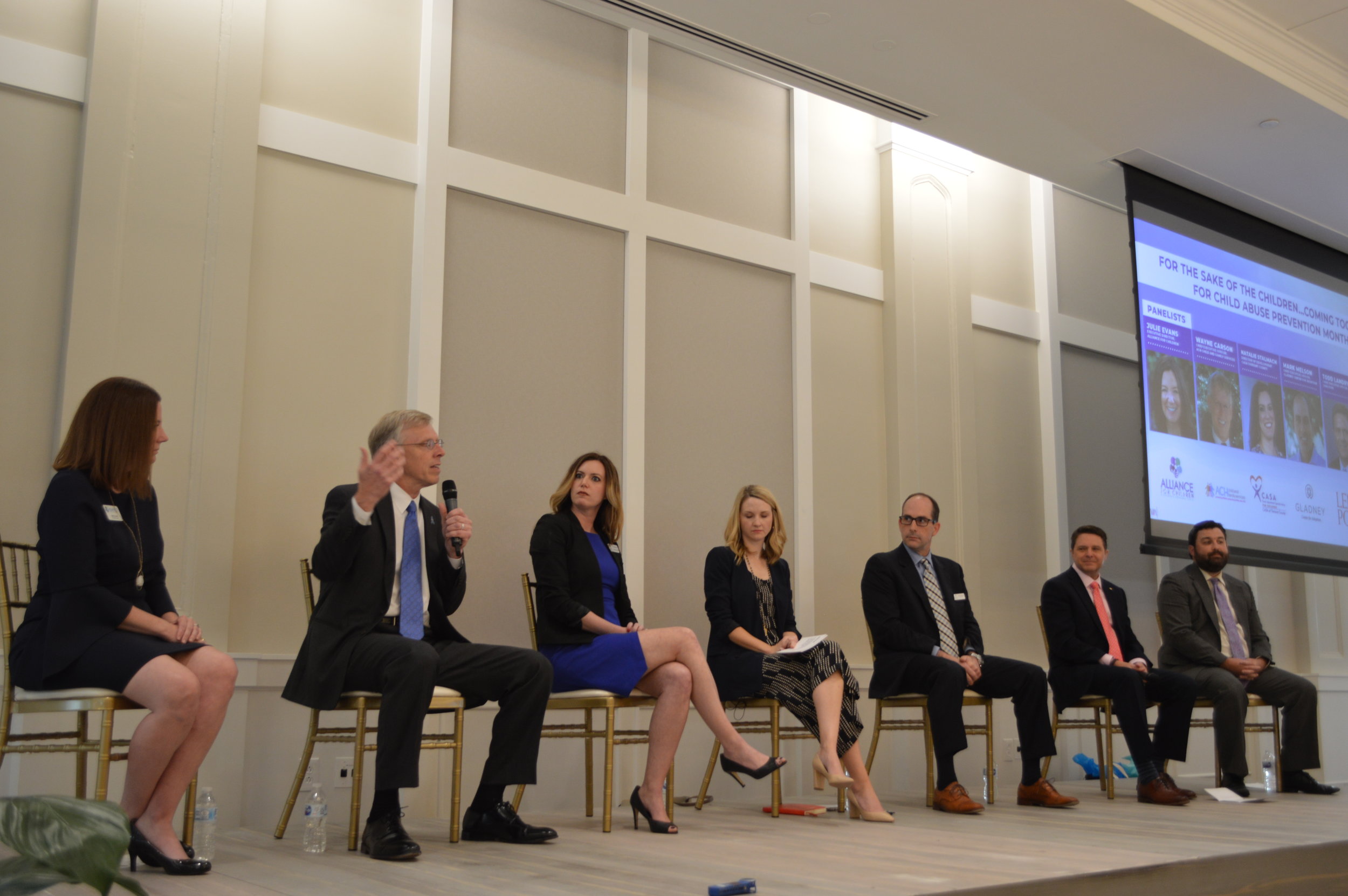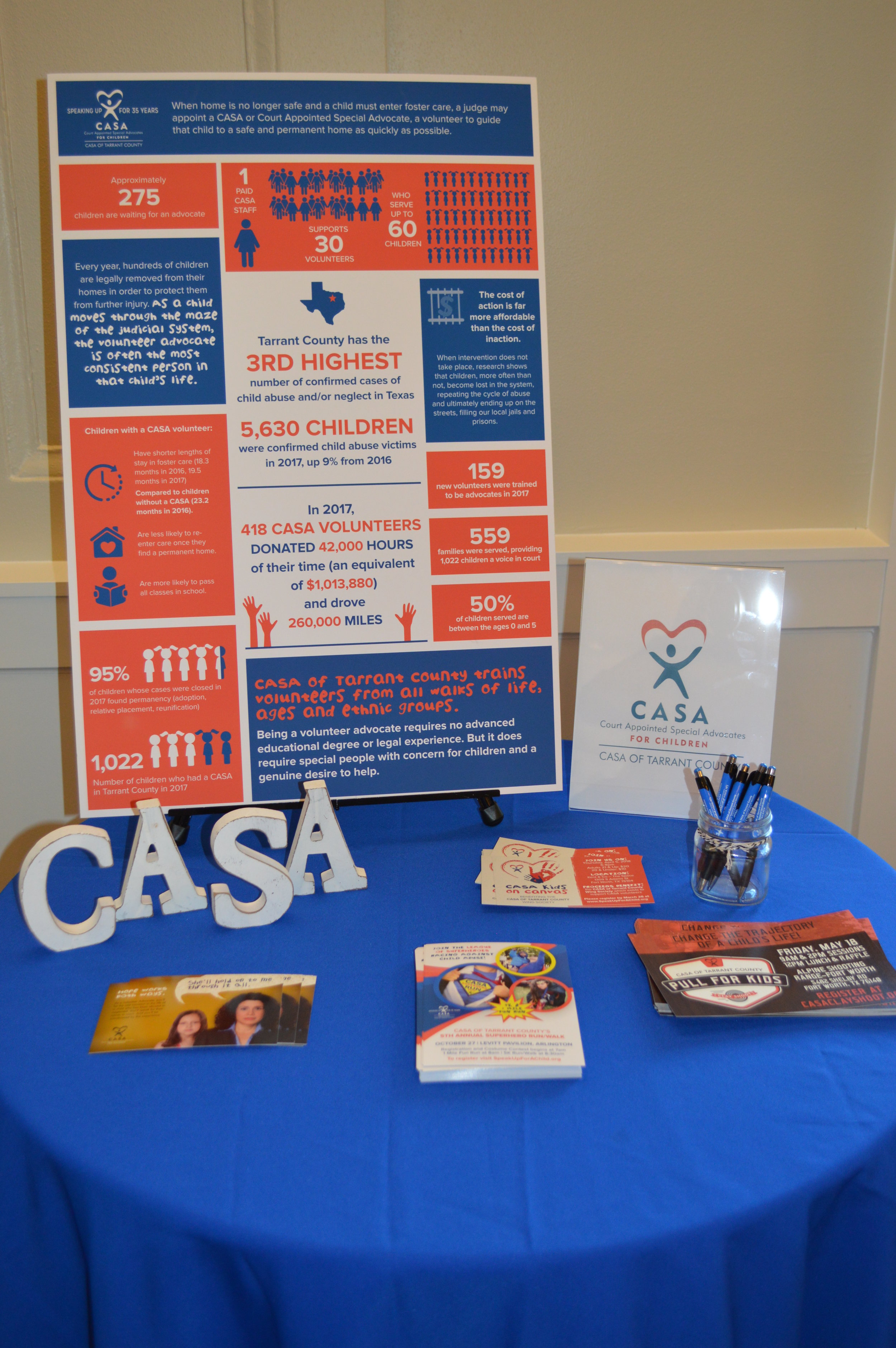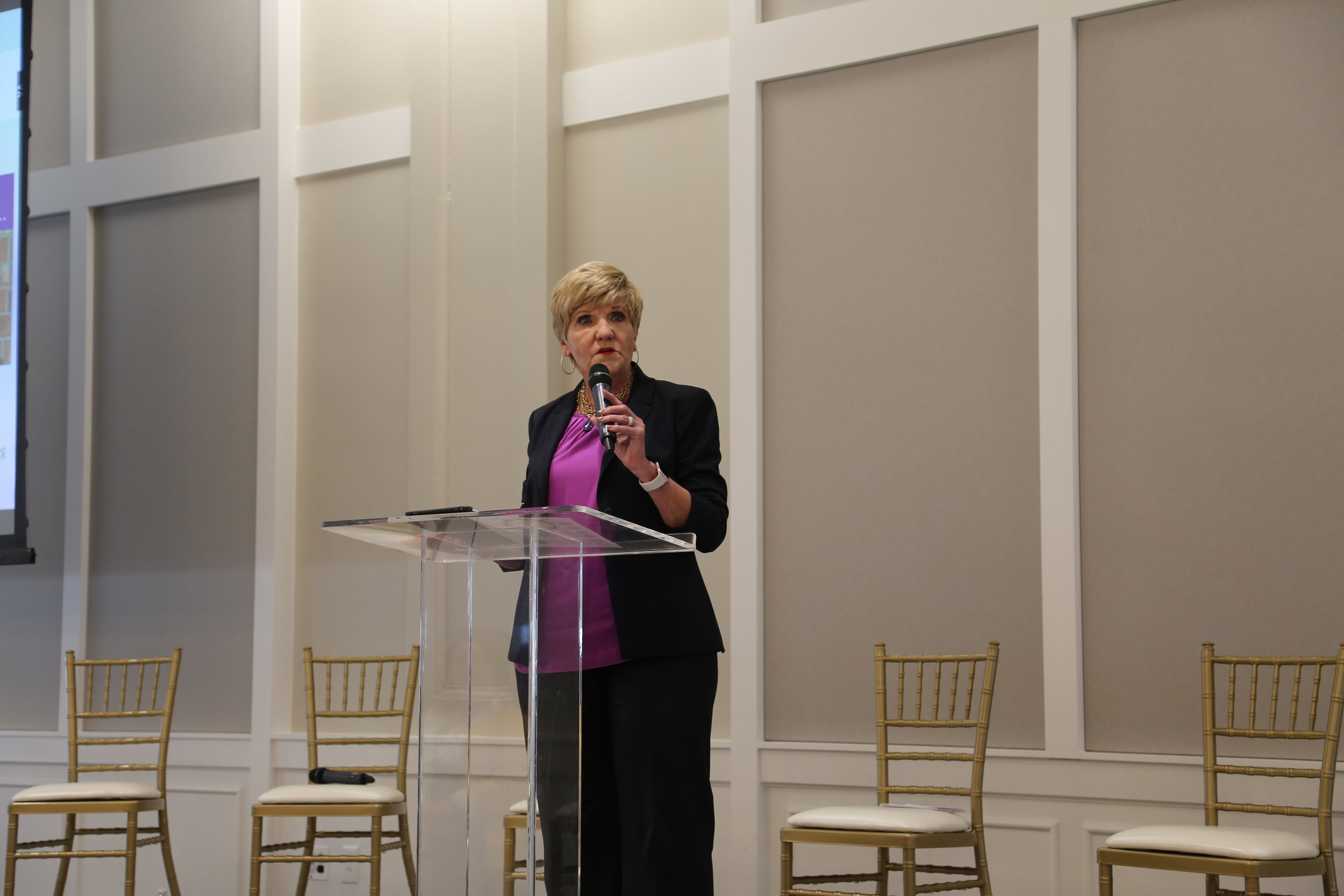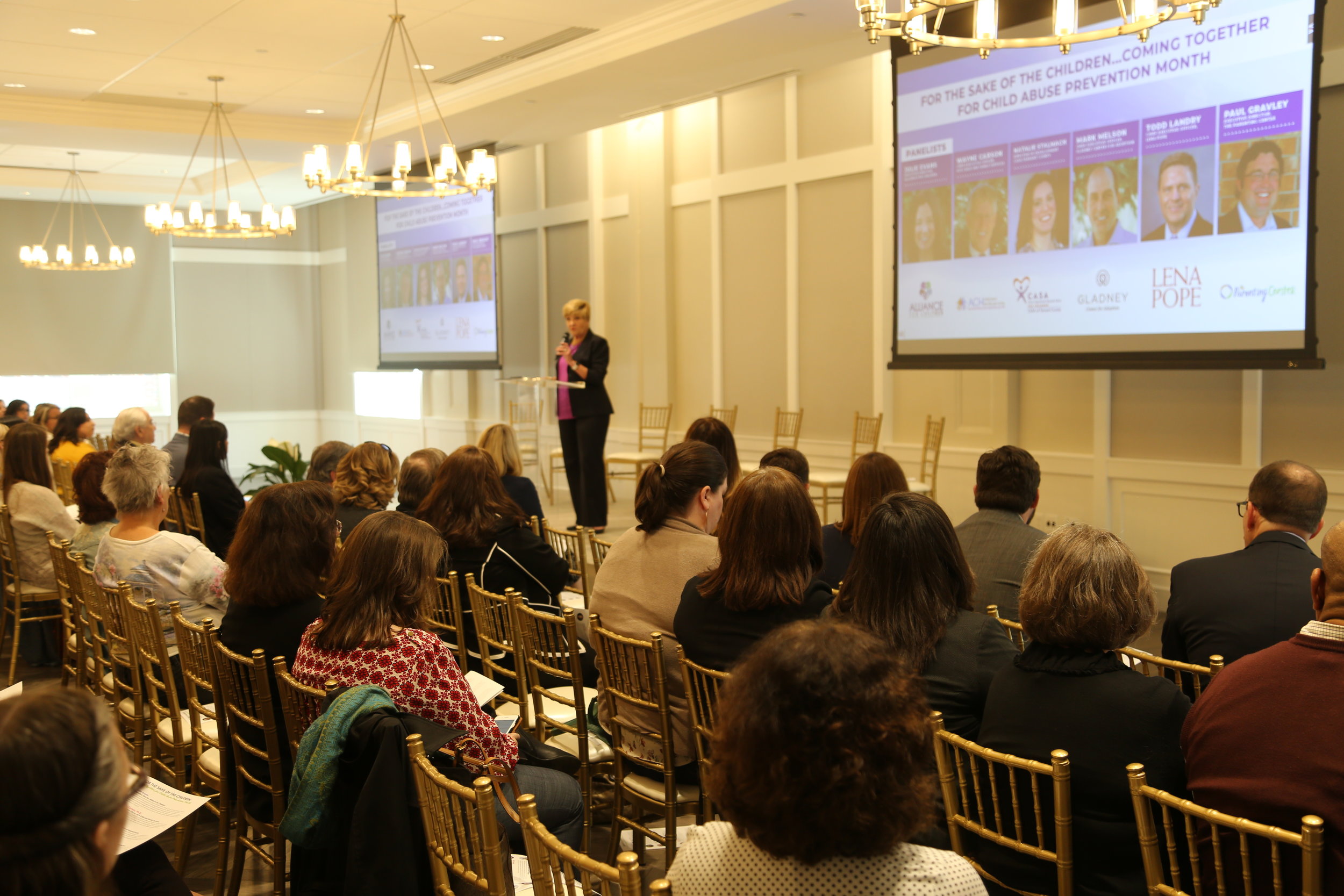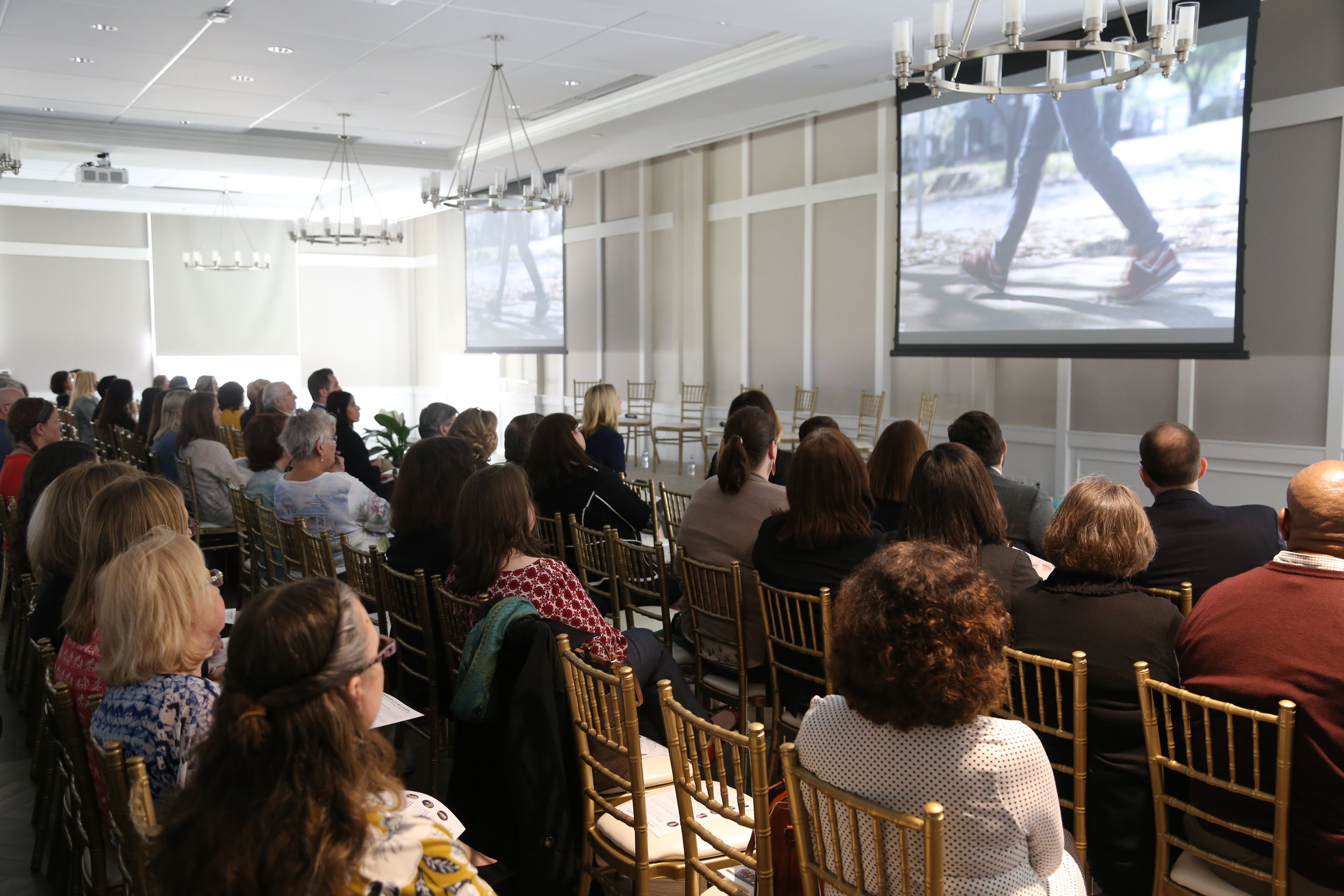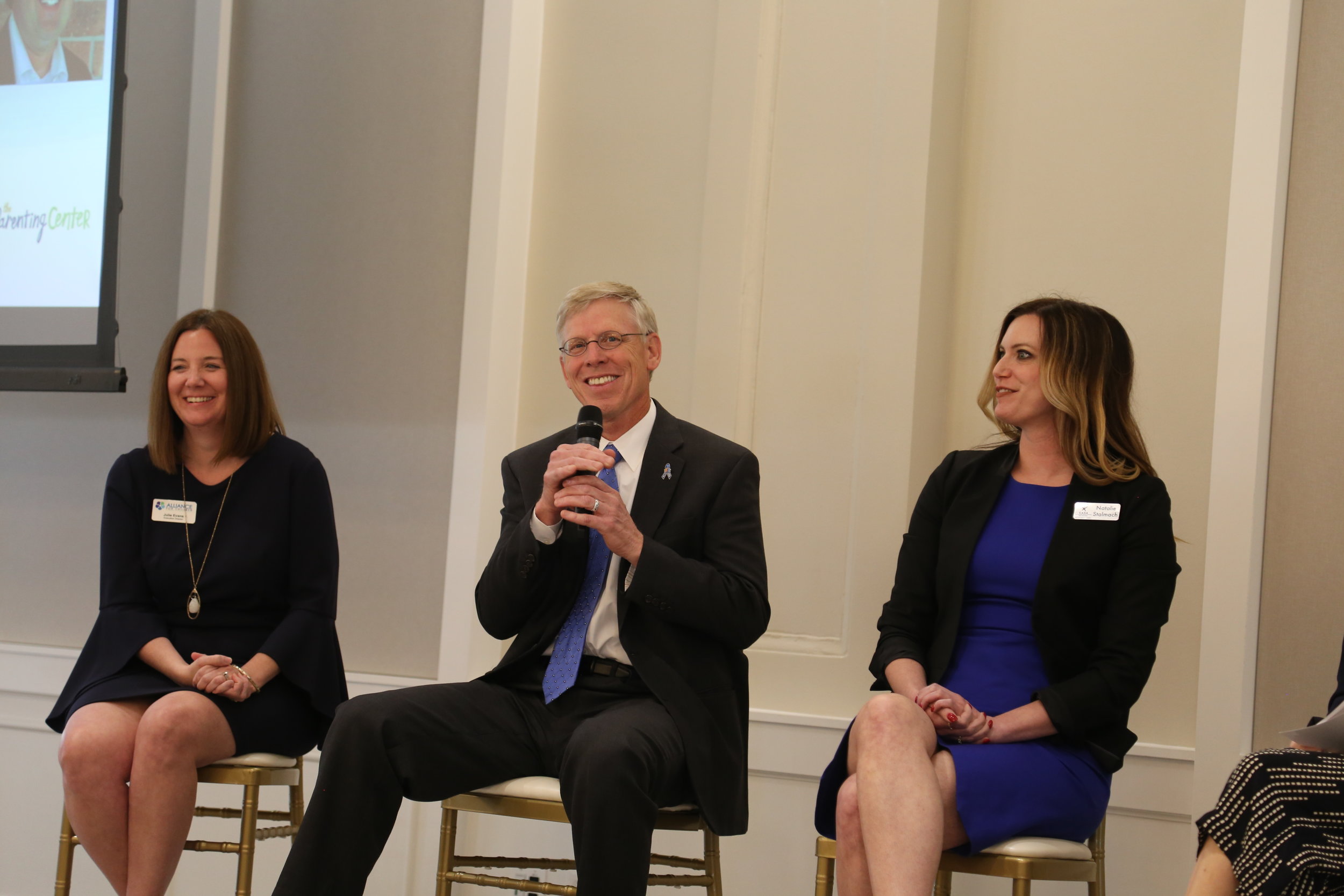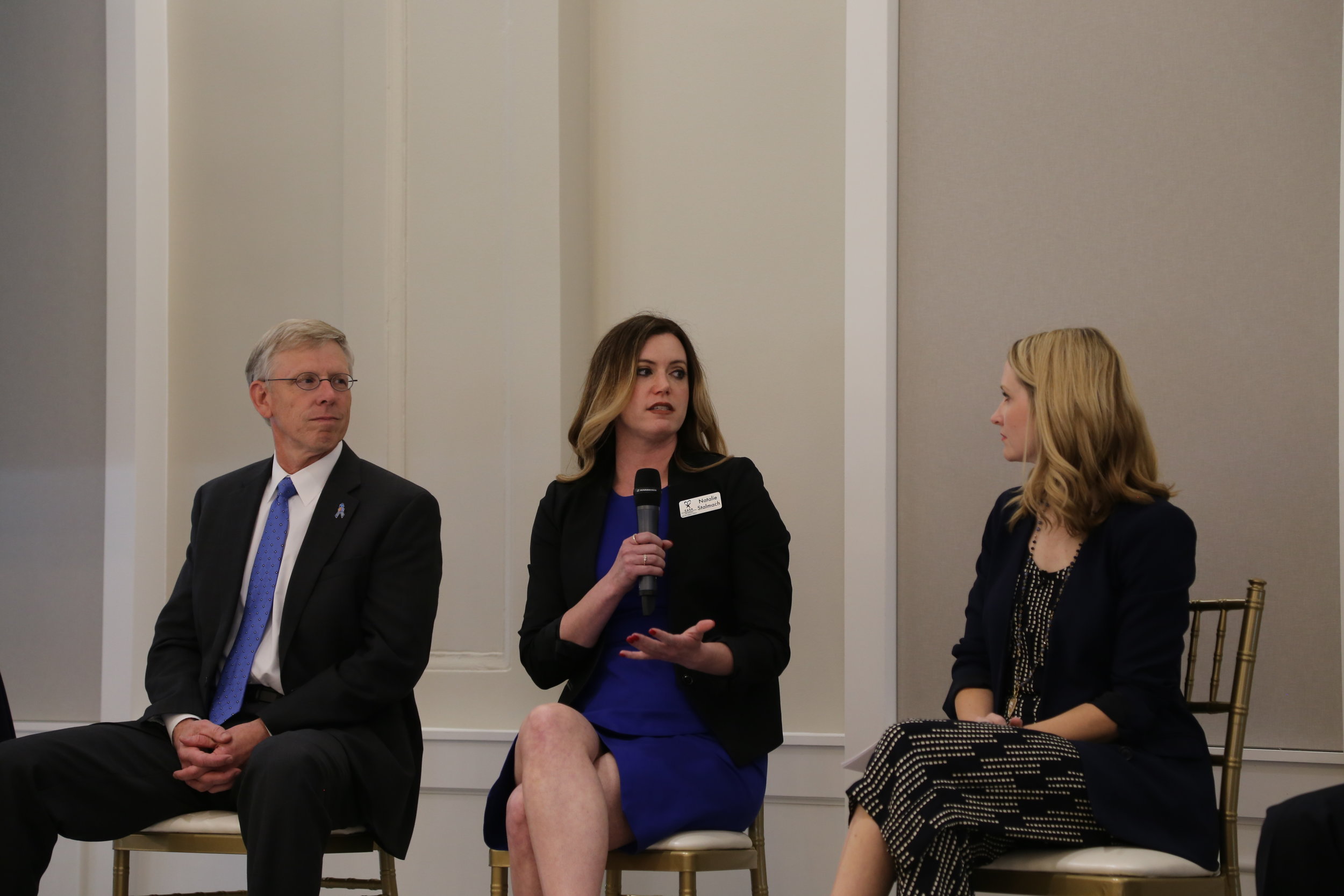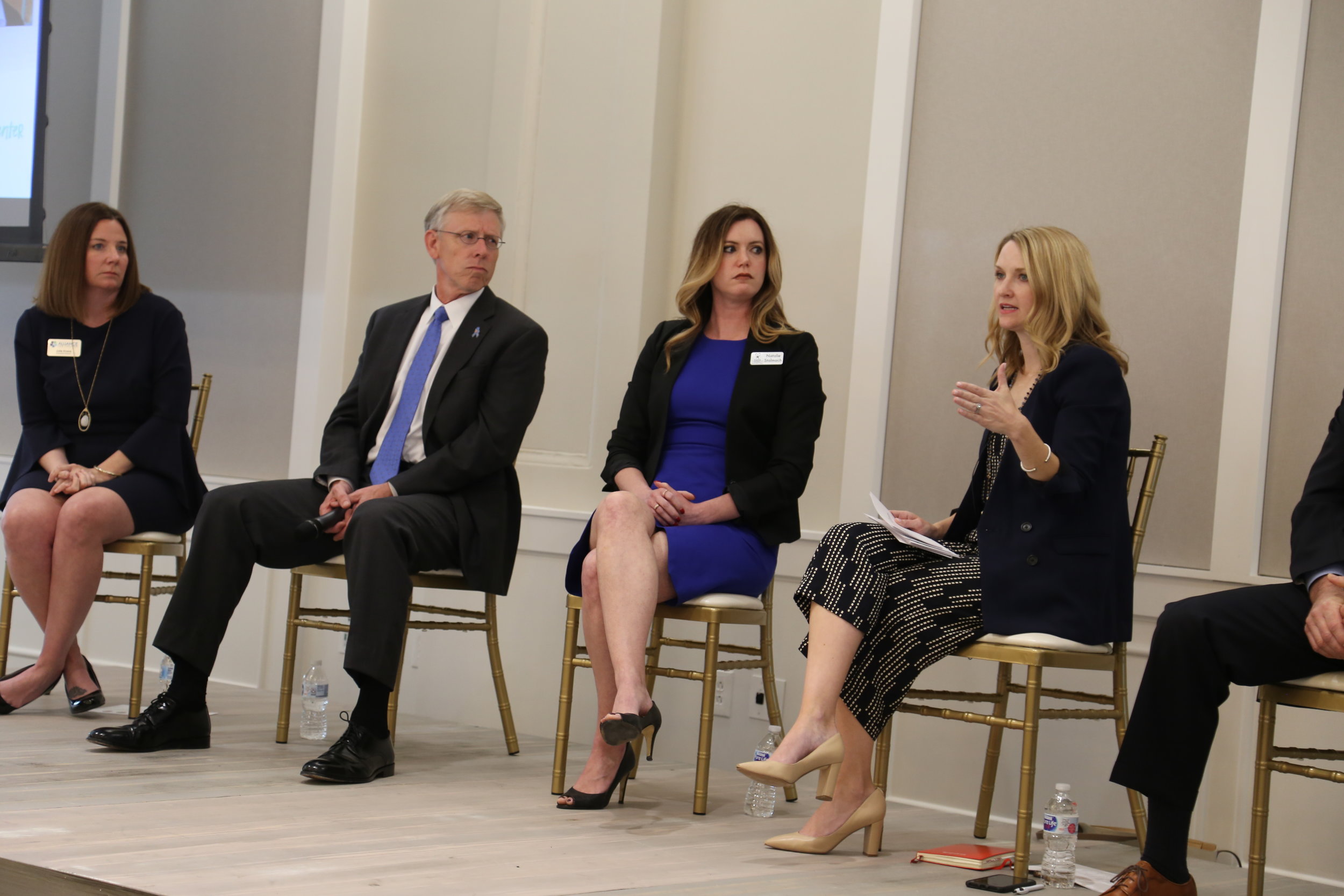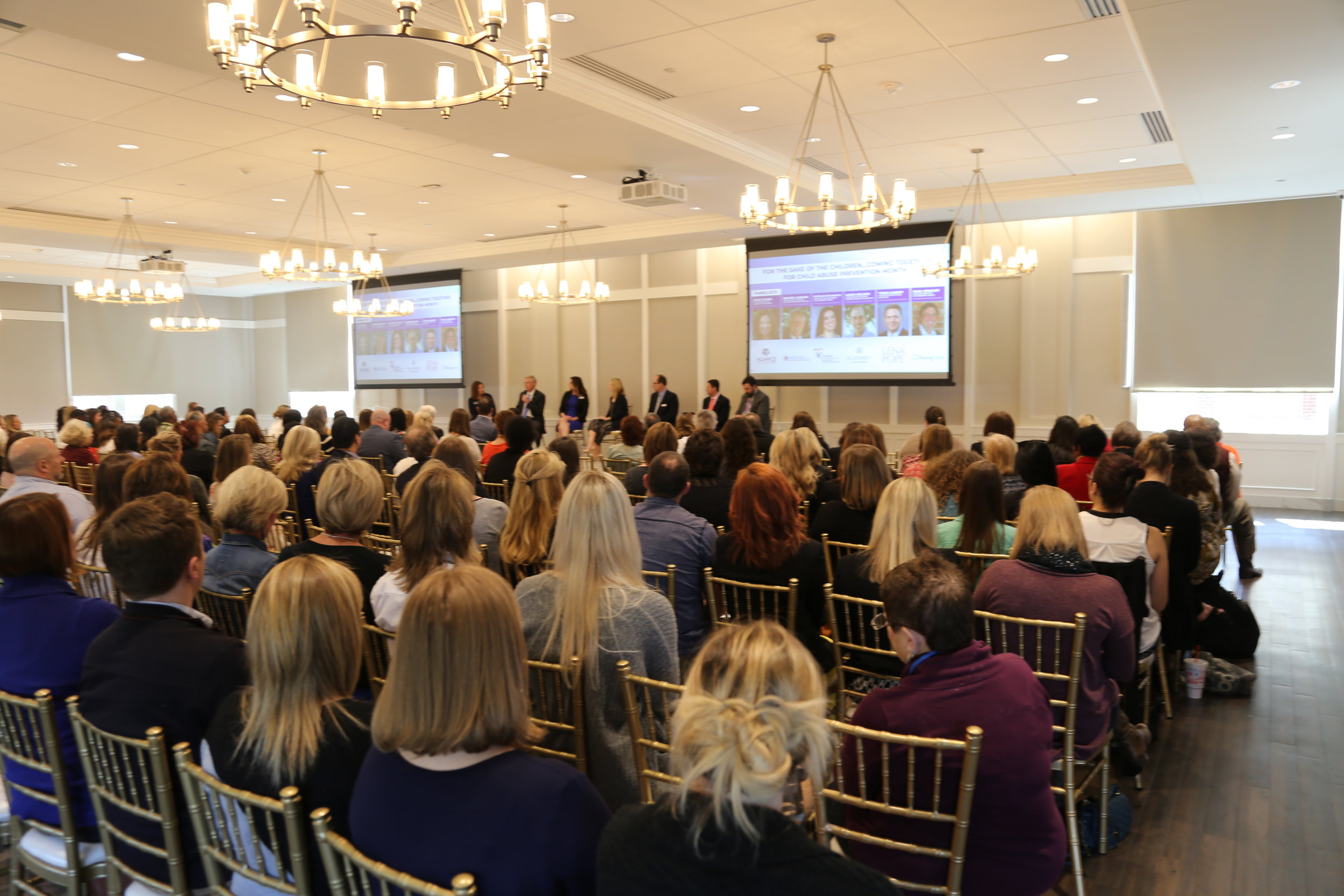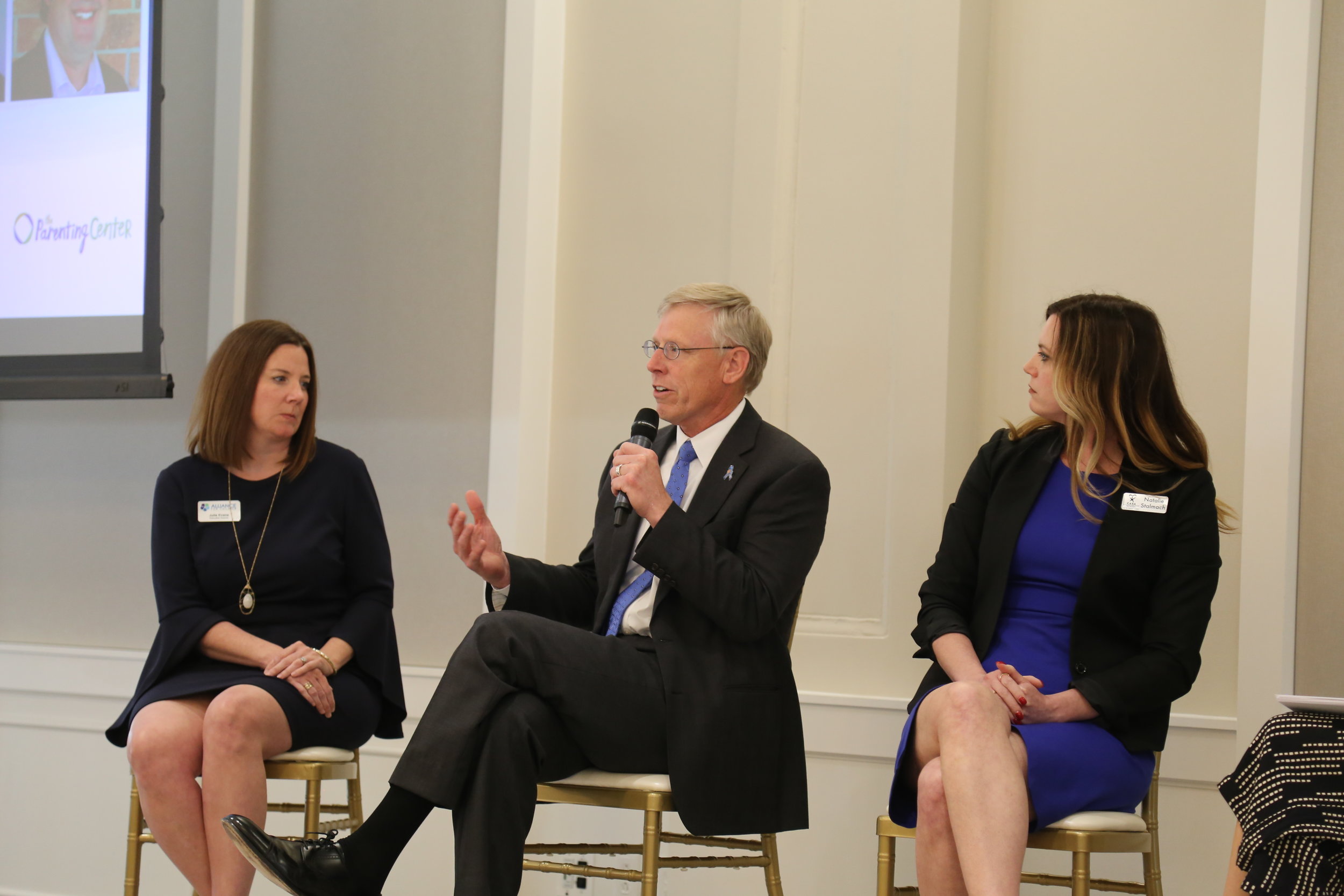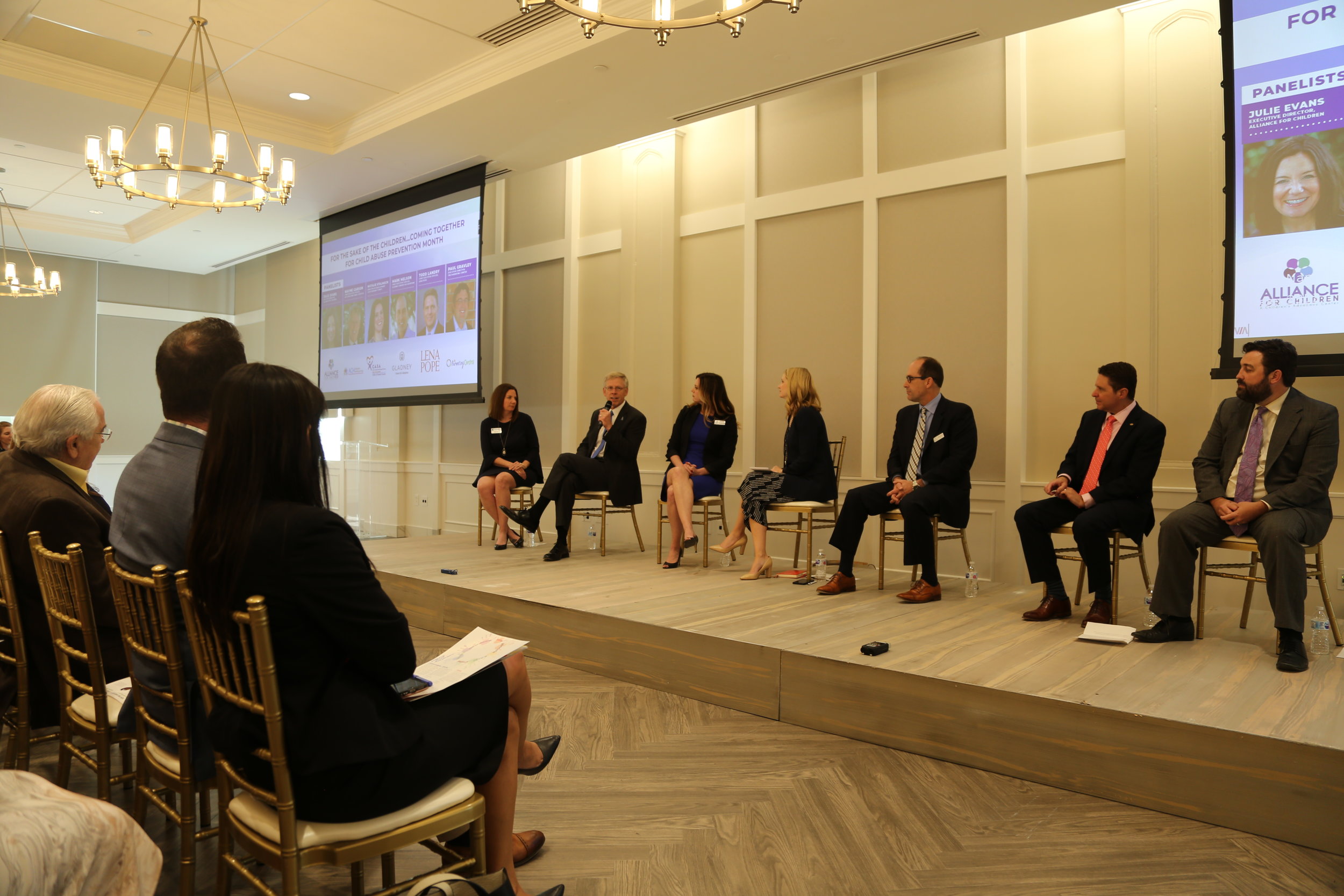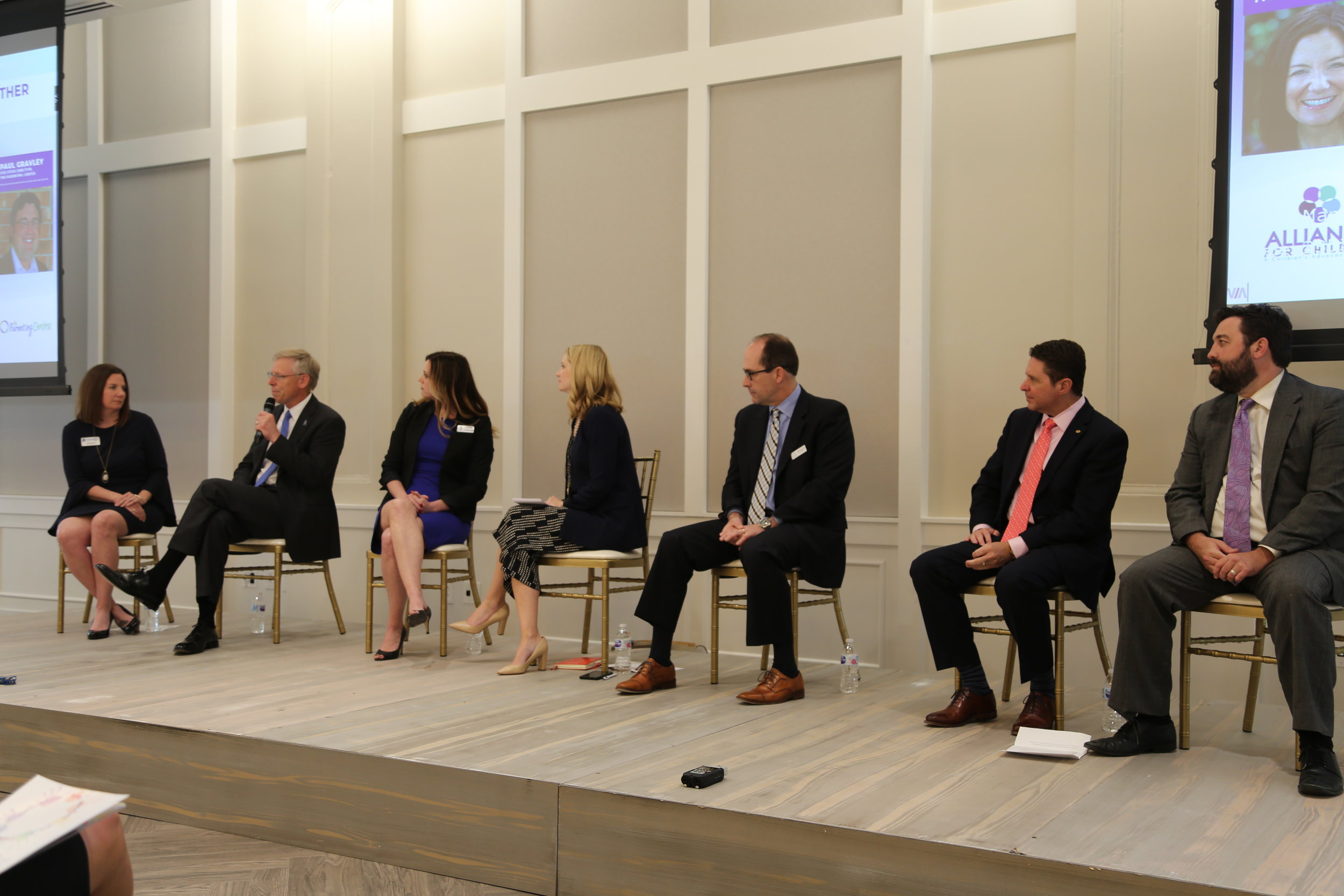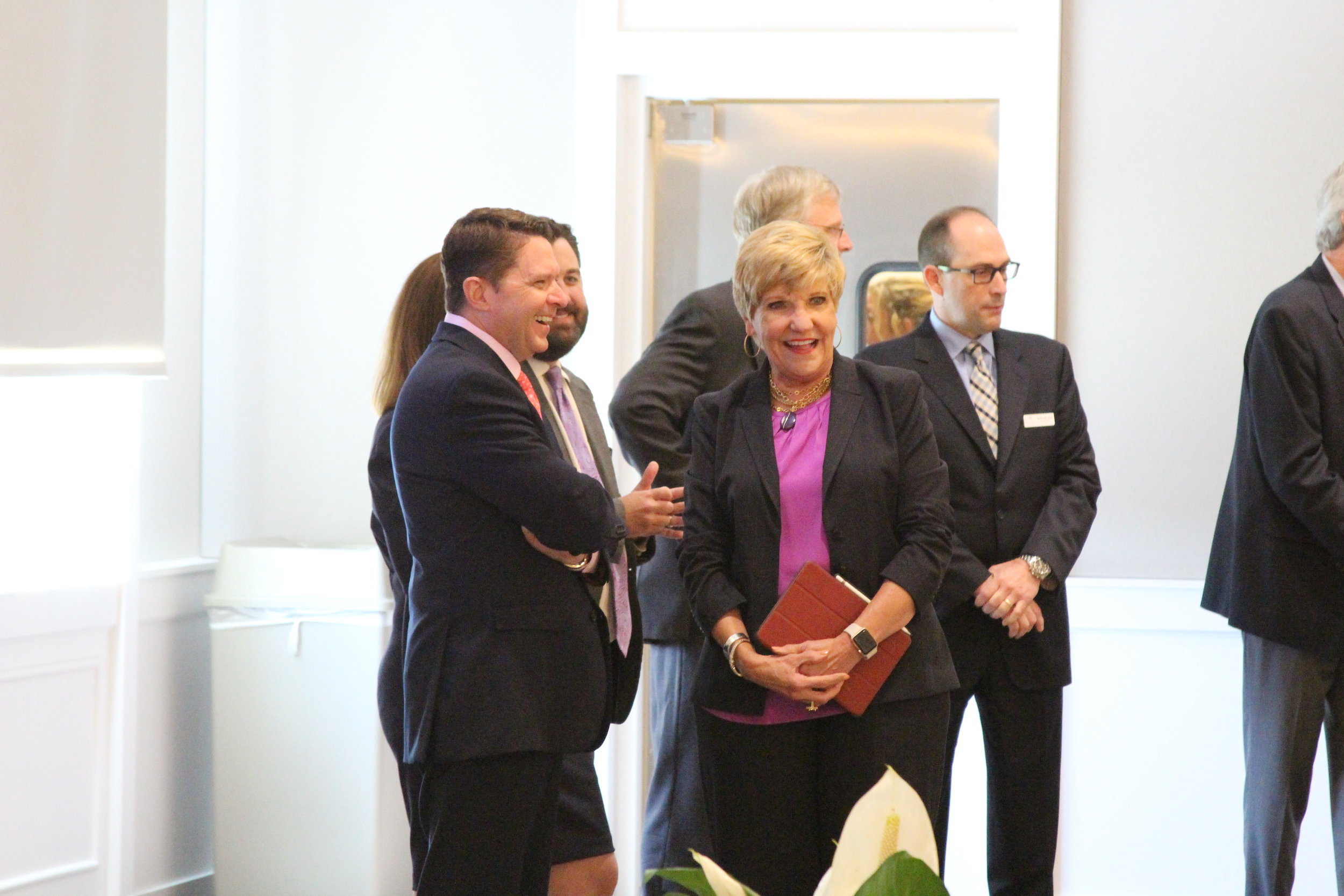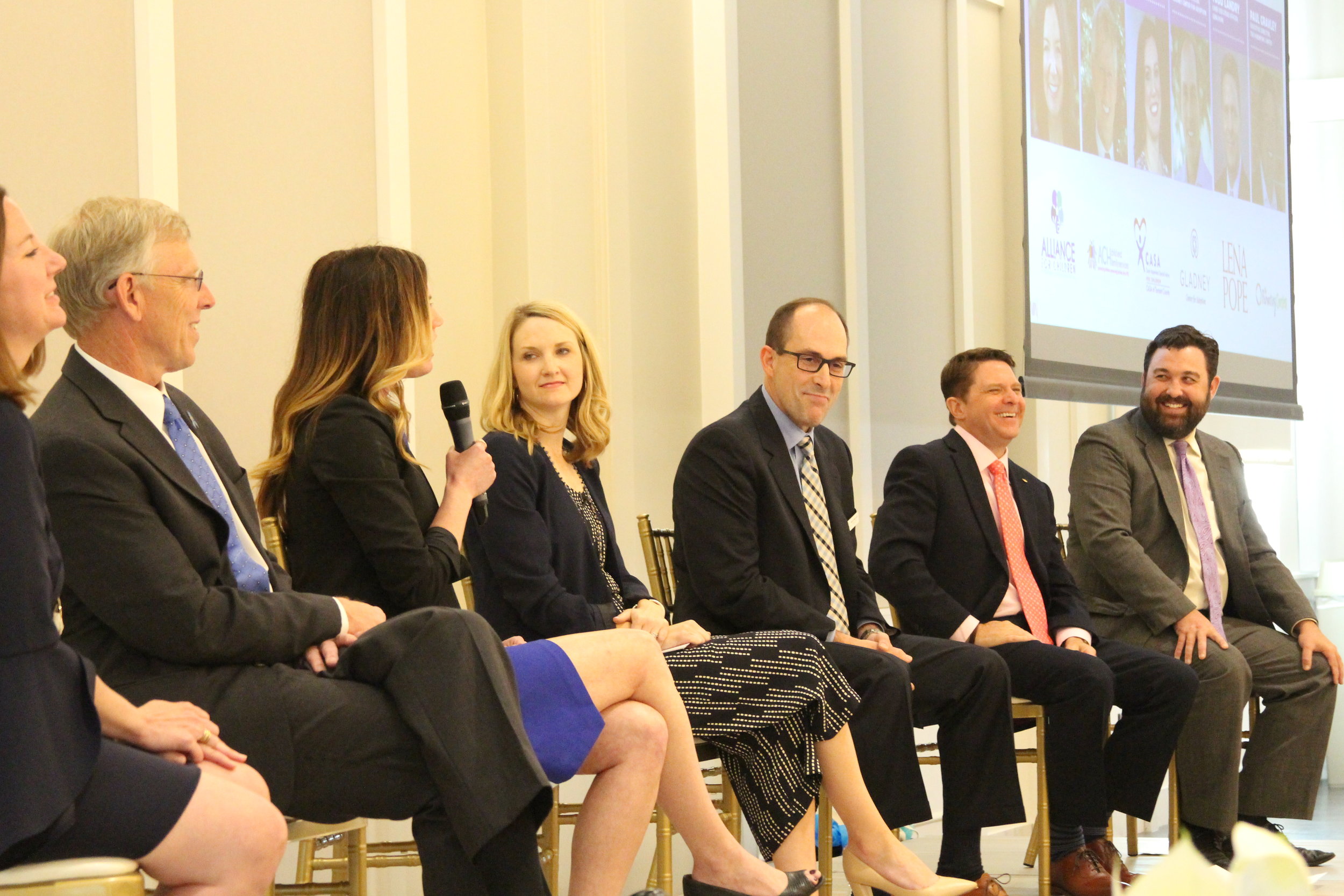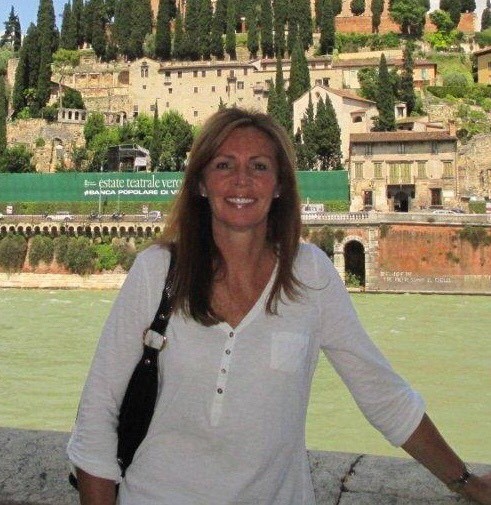1. What made you decide to become a CASA?
As a high school student, I taught swimming, became a camp counselor and volunteere3d in a P.E. program for home ground students with special needs. As I watched the children swim across the pool for the first time with a smile of success, quelled homesickness in campers and herd squeals of delight during the weekend P.E. program, I knew there was no greater satisfaction than building a sense of self and accomplishment in children. As I listened to my mother who was a Social Worker bring home stories about her children at a home for delinquent and abused children, and later inner city children I knew there was a need for someone to touch their lives in a positive way and help them see a life beyond their struggles. Later on while visiting my parents after their retirement, I found out my father had become a guardian ad litem. We had been out and stopped to make a phone call from a pay phone. While I was making the call, I saw a car drive up and children jump out, running to my dad, saying "Mr. G., Mr. G." These were his kids! All this and being a teacher in the inner city knowing the struggles my own students were going through impacted my decision to become a CASA.
2. What is your professional/ volunteer background?
The majority of my career was spent as an educator in the inner city as well as children of diverse background and nationalities in Saudi Arabia. I have been a swimming instructor for babies, young children and adults, a Camp Counselor in Canada and worked with in a P.E.program for home-bound students with Special Needs. In addition, I worked with adults with multiple sclerosis in an aquatic program and for a time was a Cook's Hospital volunteer on the Cancer Ward.
3. What advice would you give to someone who is thinking about becoming a CASA?
Know that this may be the most important volunteer work you will ever do as you can touch the lives of these children in a positive way by their feeling that someone truly cares, is willing to listen to the good and bad and to help them see a life beyond their present struggles. You are making a commitment to a child who needs you therefore you have to be sure that you are willing to stay with them until their case is resolved as you don't want to be another disappointing adult.
4. What has been the most challenging part of being a CASA?
Probably the most challenging part of being a CASA is to read their CPS file and see all this child has gone through. Your heart will ache . You will wonder why they miss a parent with what has happened. You must remember that love has no bounds-their parent is their parent. You will have to learn to make a special place in your heart and mind to store all this information so that you are able to be an effective CASA to your child while you are assigned them.
5. What has been the most rewarding part of being a CASA?
The most rewarding part of being a CASA is when a parent works hard with their services, changes their lives and the day you go to court and the child is returned to the parents loving arms.
6. Please share a special moment with us about your advocacy work with your CASA kid or on your case?
I would like to share two special moments both of which let me know how important the work I am doing is. One is when I arrive at the foster home and my girls run to hug me, yelling, my Carol is here! Another is this past Mother's Day when my foster grandmother asked if they could stop by my house. They walked in one of them, carrying a Mother's Day balloon, another a Mother's Day card and the other carrying a large clock with pictures of them where the numbers should have been! All giving me a hug, letting me know that I have positively impacted their lives. I have had some wonderful time with all my girls and we have shared many wonderful moments together.
7. Is there anything else you would like to add about yourself or the CASA experience?
In my religion that basic tenet is Tzedakah which means giving! When you give to others you will feel happiness within, your heart will be full. It will bring you peace so whatever personal challenges you have will feel totally insignificant.
Child Advocacy Supervisor Jennifer Cruz says, “Carol St. Onge was my first Advocate Assignment when I came to CASA in November 2015. Carol was the first Advocate in Tarrant County to accept assignment of a CFE (Collaborative Family Engagement) Case. The Cases that Carol has been assigned to have been wrought with challenges including legal delays, placement changes, and multiple CPS Caseworkers. Carol ardently advocates for her children in court, placements, medical appointments and schools. The children she serves are burdened with worries but they can depend on Carol visiting them every month. Carol’s commitment to the children on her cases is as strong and passionate today in 2019 as it was the first day I met her. Carol is amazing person with a loving heart for children and it is an honor to be a part of her work with children who are in need of a voice.”



![IMG_2668[5394].jpg](https://images.squarespace-cdn.com/content/v1/56424ce4e4b0c680c28da1b8/1564678036446-2GGISVZN7638V0AHONK0/IMG_2668%5B5394%5D.jpg)

















